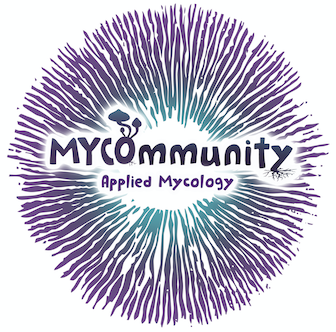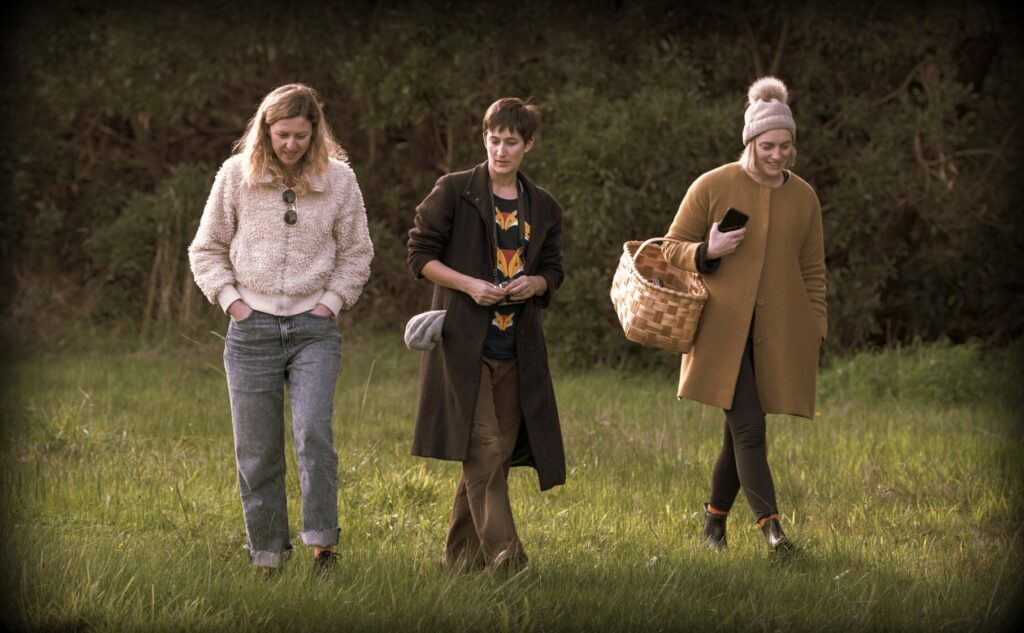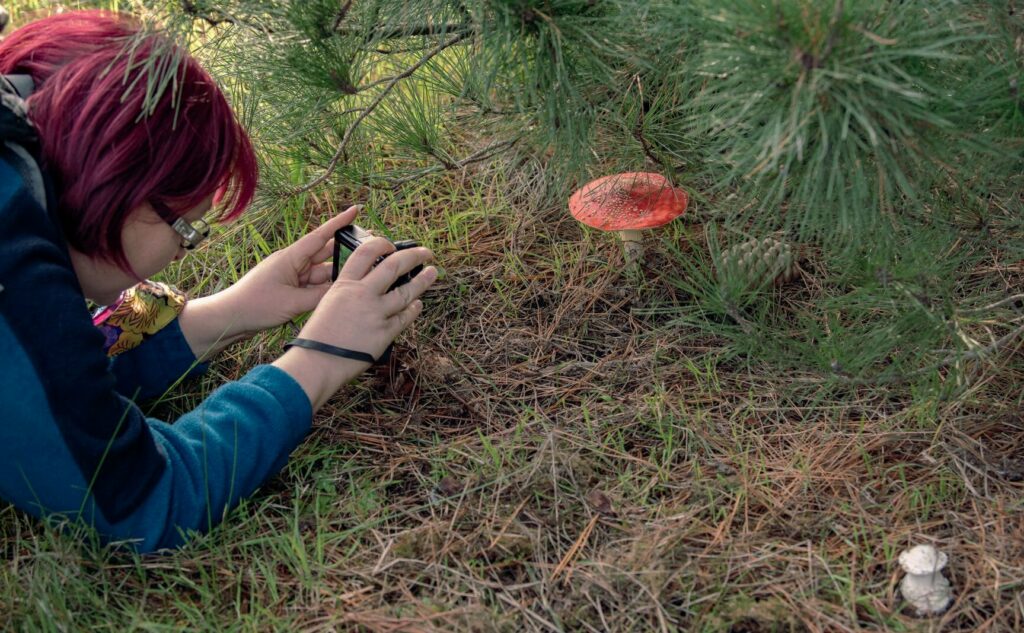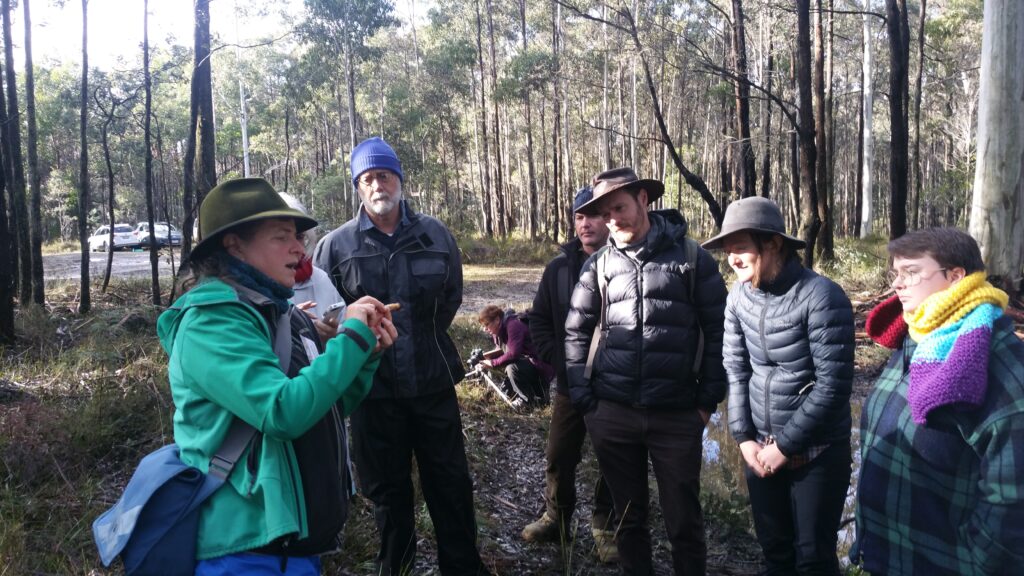MYCOmmunity
Why fungi are important
Fungi play a crucial role in the ecosystem as decomposers, soil builders and nutrient cyclers. They also partner with at least 90% of plant species protecting them from disease, helping them to obtain nutrients and water and even communicate with other plants. Fungi are also an important food source for many animals. For humans they are a source of food, medicine and even materials for packaging and construction. Fungi can also break down pollution and help remediate the environment. .
Fungi need protection
Fungi are under threat from disturbances such as climate change, land clearing and invasive species. Yet very little is known about Australian native fungi. Only 5% percent of the estimated 250,000 species have even been described. In most cases their life-cycle, including generation length and frequency and triggers of fruiting, are not well understood. Only a handful of native fungi have been assessed under the IUCN Red List of Threatened Species. We need to learn more about our native fungi so that we can protect them and the ecosystems that they are a essential part of.
 MYCOmmunity Applied Mycology
MYCOmmunity Applied Mycology
We are a registered Environmental Charity and Deductible Gift Recipient. We aim to increase community awareness about fungi and support citizen mycology.
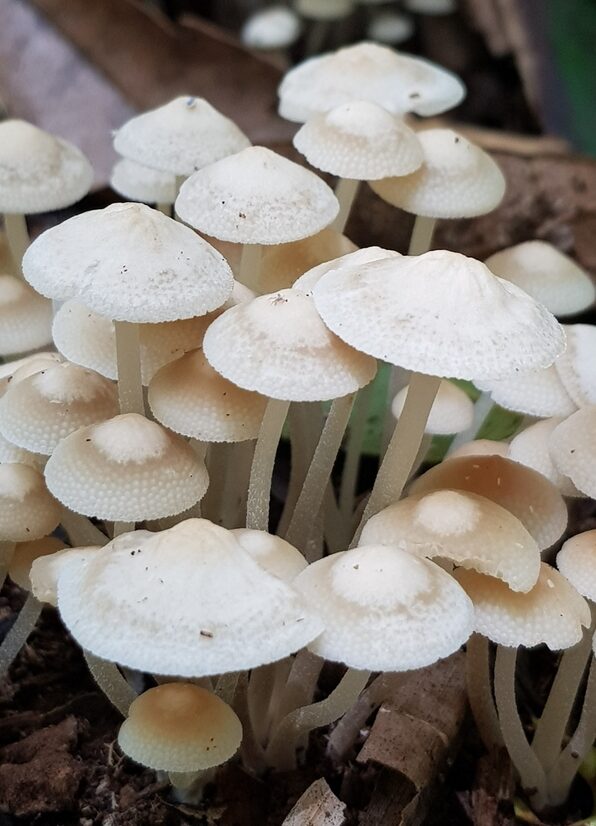
Did you know?
The word "mycology" comes from the Ancient Greek "mykes" meaning fungus and "logia" meaning study.
Mushroom cultivation, forays and foraging
During mushroom season we run forays focussed on fungal ecology. We also have foraging workshops to learn to identify edible mushrooms. We run regular mushroom cultivation workshops including beginners workshops that focus on methods that don’t require expensive equipment or a science background. We also run more in-depth or specialist workshops, as well as workshops at community gardens.
Education for citizen mycologists
We work closely with the BioQuisitive laboratory to provide scientific training and access to equipment for citizen mycologists. We run workshops on mycoremediation, microscopy, ecology, fungal genetics and more.
Ecological research, consulting and specialist training
We conduct ecological research including environmental surveys, taxonomy, genetics, conservation and remediation. We also have expertise in other areas including myco-technologies such as building materials and packaging. We can provide consulting, research or specialist training for your organisation.
Did you know?
Fungi can be grown on waste and agricultural by-products to create sustainable, biodegradable materials for packaging and construction.
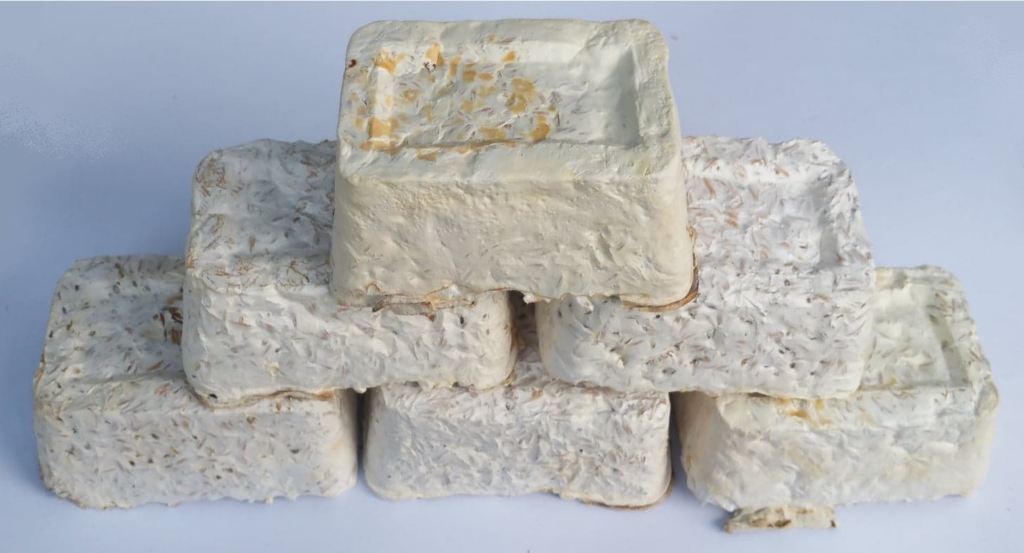
Get involved!
We always welcome involvement from individuals or community organisations. To find out more about how to volunteer please contact us. We are also available to do educational events for schools and community groups.
